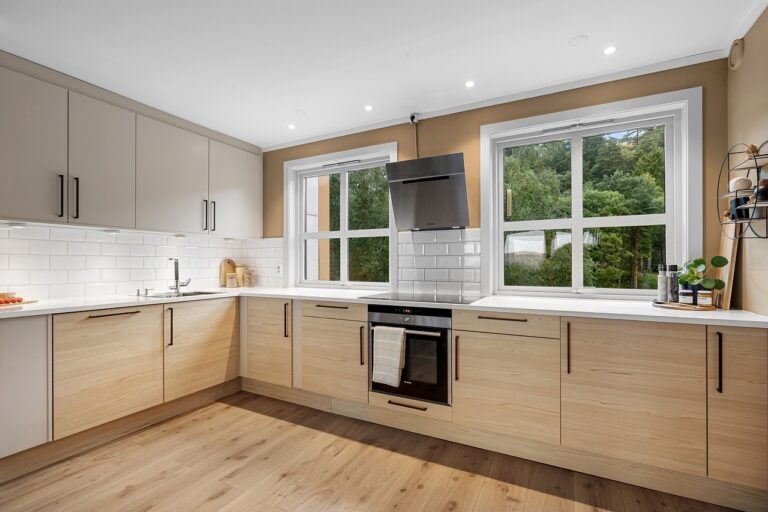Understanding the Impact of Refresh Rates on Gaming Monitors: Cricbet 99, Sky1exchange.con, Reddy anna online book number
cricbet 99, sky1exchange.con, reddy anna online book number: Understanding the Impact of Refresh Rates on Gaming Monitors
If you’re a serious gamer, you know that having the right gaming monitor can make a big difference in your gaming experience. One of the key features to consider when choosing a gaming monitor is the refresh rate.
What is a refresh rate, and why does it matter for gaming? In simple terms, the refresh rate refers to how many times per second the screen is refreshed. A higher refresh rate means smoother and more fluid motion on the screen, which is essential for fast-paced games where every millisecond matters.
In this article, we’ll delve into the impact of refresh rates on gaming monitors and why it’s crucial to choose the right one for your gaming setup.
The Basics of Refresh Rates
Before we dive into the details, let’s start with the basics. The refresh rate of a monitor is measured in Hertz (Hz), which represents the number of times the screen is refreshed per second. For example, a monitor with a refresh rate of 60Hz refreshes the screen 60 times per second.
The most common refresh rates for gaming monitors are 60Hz, 144Hz, and 240Hz. The higher the refresh rate, the smoother the motion on the screen. This is especially important for fast-paced games like first-person shooters and racing games, where every frame counts.
The Impact of Refresh Rates on Gaming Performance
So, how does the refresh rate of a gaming monitor impact your gaming performance? The answer lies in the fluidity of motion on the screen. A higher refresh rate means that the screen can display more frames per second, resulting in smoother and more responsive gameplay.
In fast-paced games, a higher refresh rate can give you a competitive edge by reducing motion blur and ghosting. Motion blur occurs when fast-moving objects on the screen appear blurry, while ghosting refers to the trailing effect behind moving objects. Both of these issues can be minimized with a higher refresh rate, leading to a clearer and more immersive gaming experience.
Furthermore, a higher refresh rate can also reduce input lag, which is the delay between when you press a button and when the action is displayed on the screen. This can be crucial in competitive gaming, where split-second reactions can make all the difference.
Choosing the Right Refresh Rate for Your Gaming Monitor
When choosing a gaming monitor, it’s essential to consider the refresh rate that will best suit your gaming needs. Here are some factors to keep in mind:
– Game Genre: Different types of games may benefit from different refresh rates. For example, fast-paced shooters and racing games may require a higher refresh rate for optimal performance, while slower-paced games like strategy games may not need as high of a refresh rate.
– Graphics Card: Your graphics card also plays a significant role in determining the refresh rate that your monitor can handle. Make sure that your graphics card can support the refresh rate of the monitor you choose to avoid any compatibility issues.
– Budget: Higher refresh rate monitors are typically more expensive than lower refresh rate ones. Consider your budget and gaming preferences when choosing a monitor with the right refresh rate for you.
– Personal Preference: Ultimately, the best refresh rate for your gaming monitor comes down to personal preference. Some gamers may not notice a significant difference between 144Hz and 240Hz, while others may find the higher refresh rate essential for their gaming experience.
FAQs
Q: Can you notice a difference between 60Hz and 144Hz?
A: Yes, there is a noticeable difference in motion smoothness and responsiveness between a 60Hz and 144Hz monitor, especially in fast-paced games.
Q: Do all games benefit from a higher refresh rate?
A: While most fast-paced games benefit from a higher refresh rate, slower-paced games may not show a significant improvement.
Q: Is it worth investing in a 240Hz monitor?
A: It depends on your gaming preferences and budget. If you play a lot of fast-paced competitive games and have the budget for it, a 240Hz monitor can provide a smoother gaming experience.
In conclusion, understanding the impact of refresh rates on gaming monitors is crucial for optimizing your gaming experience. By choosing a monitor with the right refresh rate for your gaming preferences, you can enjoy smoother motion, reduced input lag, and a competitive edge in fast-paced games. So, next time you’re in the market for a gaming monitor, consider the refresh rate as a key factor in your decision-making process.







